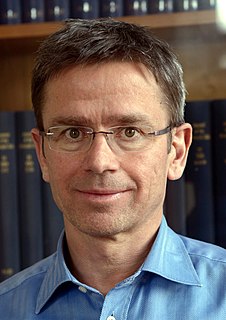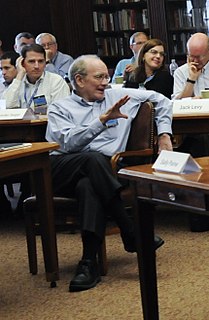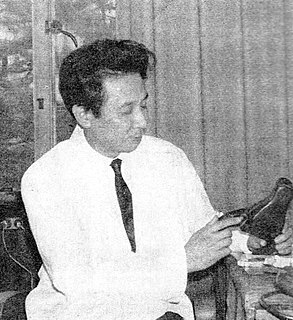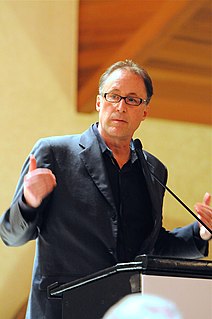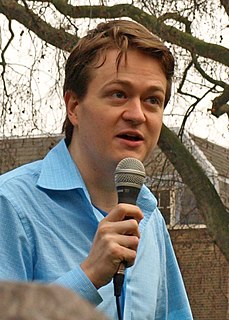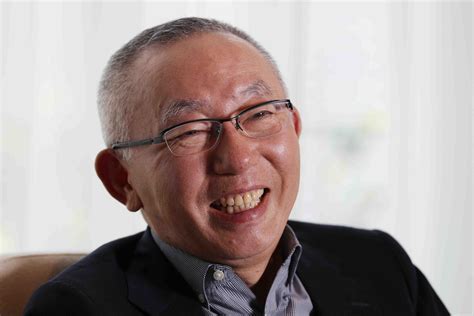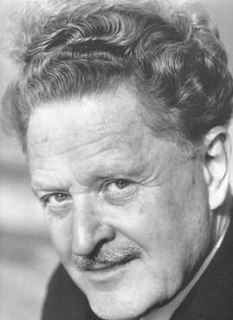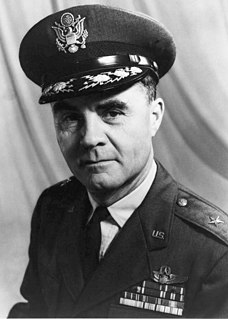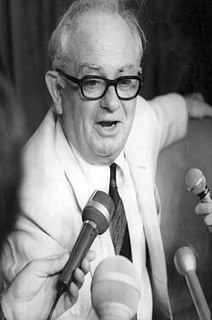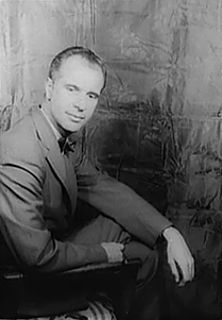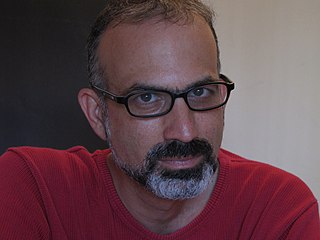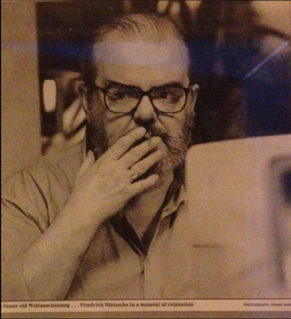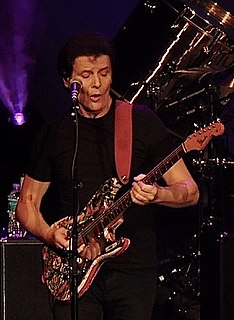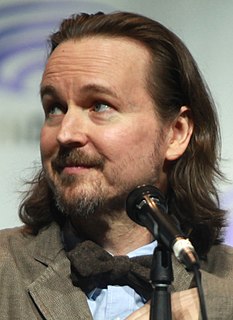Top 141 Hiroshima And Nagasaki Quotes & Sayings - Page 2
Explore popular Hiroshima And Nagasaki quotes.
Last updated on April 16, 2025.
Probably the biggest influence on my career was the late John Hersey, who, while he was at 'The New Yorker,' wrote one of the masterpieces of narrative non-fiction, 'Hiroshima.' Hersey was a teacher of mine at Yale, and a friend. He got me to see the possibility of journalism not just as a business but as an art form.
A bright light filled the plane. The first shock-wave hit us. We were eleven and a half miles slant range from the atomic explosion but the whole airplane cracked and crinkled from the blast... We turned back to look at Hiroshima. The city was hidden by that awful cloud... mushrooming, terrible and incredibly tall.
Even though I spent the first five years of my life in Nagasaki, going to Japan can be really difficult. Even if they know I've been brought up in the West, they still expect me to understand all the subtleties of their culture, and if I get it wrong, it matters much more than if a British person gets it wrong. I find it intimidating.
If you encounter a human shadow burned permanently into the concrete in Hiroshima, you realize that this is the trace of a very ordinary person now elevated into the emblematic. Time, shame, complicity, or discomfort are the only things that make us pretend History is impersonal or far removed from the power and consequences of our every lived moment.
Reports in Washington show that our reasoning was just like that of your physicists. With all this information available, at least to privileged persons, I cannot understand why it is generally held in the United States that we completely missed the basic principle of the bomb until after Hiroshima.
Now Christianity sounded good at first to the naive convert. Love, peace and charity -
what's wrong with that? I'll tell you what's wrong - a series of unprecedented
horrors perpetrated by so-called Christians: The Inquisition, the Conquistadores,
the American Indian wars, slavery, Hiroshima and the present-day Bible Belt.
I've got a nice collection of paintings - a Basquiat, a black-and-white Warhol that's like a Rorschach test, and I commissioned Takashi Murakami to do a ten-foot joint for me. It's almost like the explosion in Hiroshima with his famous skeleton head. There's a wall above my fireplace reserved for it.
